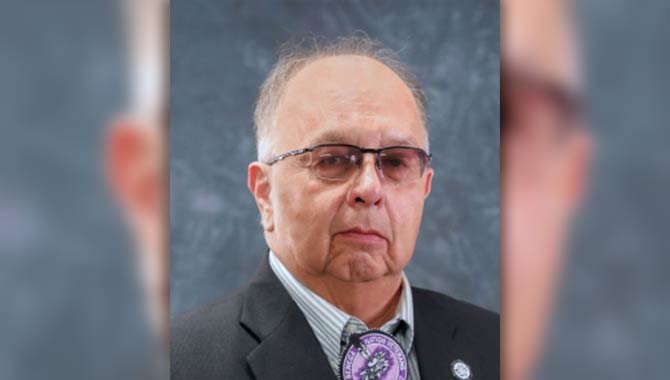
Seneca Nation President questions fairness of NY gaming compact

Tribal President Rickey Armstrong Senior says the current negotiations ‘conflict with the true intent of IGRA.’
The New York State Seneca Tribe President, Rickey Armstrong Sr, has called the most recent negotiations over the Tribe’s gaming compact “an insult.” The Seneca Tribe has been looking for a new gaming state compact for around a year.
In early June, the Tribe and the state had reached an agreement on a framework for a 20-year compact, but by the end of the month, it was on hold. Earlier this month, New York Governor Kathy Hochul’s husband left the gaming company Delaware North, which had also been a previous conflict of interest in the negotiations.
Armstrong said that Seneca Nation will continue in hopes of an equitable agreement, but that the latest proposals for a state compact were “absurd and an insult to the Seneca Nation.” The current compact expires in December.
He added, “While the state’s negotiators agreed to an important provision to a new agreement, the state Assembly refused to move forward with required legislation to allow the Governor to sign after it met approval by the Seneca People and the Department of the Interior.”
Assembly members objected in part due to a proposed new Seneca casino in Rochester, New York. Union workers from del Lago Resort & Casino in Syracuse also opposed the plans.
A scheduled meeting to negotiate with the state was postponed from July, but both Seneca Tribe and New York officials will resume negotiating at some point “over the summer.” The Tribe has already held roundtable discussions with the supportive communities of Salamanca, Niagara Falls and Buffalo.
The unresolved issue of most importance to Armstrong is the exclusivity the Seneca Tribe seeks. He commented that the current exclusivity terms were unfair, saying, “we believe there is a benefit and a value to exclusivity for our gaming operations, but that value must be reasonably reflected in a payment agreement.”
Much like the current issues surrounding exclusivity rights to the Seminole Tribe in Florida, the Indian Gaming Regulatory Act (IGRA) was also called into question. Armstrong said, “It’s beyond unreasonable to expect the Nation would pay anything that exceeds the true value of what we are actually receiving in return.”
Tags/Keywords
Players trust our reporting due to our commitment to unbiased and professional evaluations of the iGaming sector. We track hundreds of platforms and industry updates daily to ensure our news feed and leaderboards reflect the most recent market shifts. With nearly two decades of experience within iGaming, our team provides a wealth of expert knowledge. This long-standing expertise enables us to deliver thorough, reliable news and guidance to our readers.






